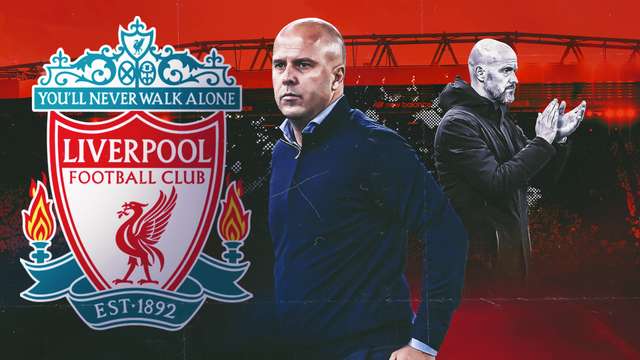There is a lot that feels surreal about modest Swansea City’s brief moment in the top flight.
Perhaps their two most recognizable attacking players of that period – Michu and Wilfried Bony – perfectly mirrored the club in terms of their impacts in the Premier League: it was short and sweet, and neither was ever able to recapture that magic anywhere else.
While Michu immediately returned to Spain following his departure from Wales, and so to obscurity, Bony seemed set to forge a rather more momentous path.
After scoring 20 goals – more than any other player in the Premier League – in 2014, the Ivorian was snapped up by giants Manchester City in January of the following year for a £28 million fee that, at the time, made him the most expensive African footballer ever.
Manuel Pellegrini, then manager of the reigning league champions, spoke highly of his “skill and power”, and allayed any doubts over his adaptation at the midway point of the season.
Next Match
“His goals record has been excellent since he came to England. He adapted very quickly to the game here and I think he will settle in at City quickly.”
By the time he made his debut for City, he had added the Cup of Nations title, his country’s first in 23 years, and so had the added cachet of being an African champion. Things seemed to be looking nowhere but up for the former Vitesse Arnhem man.
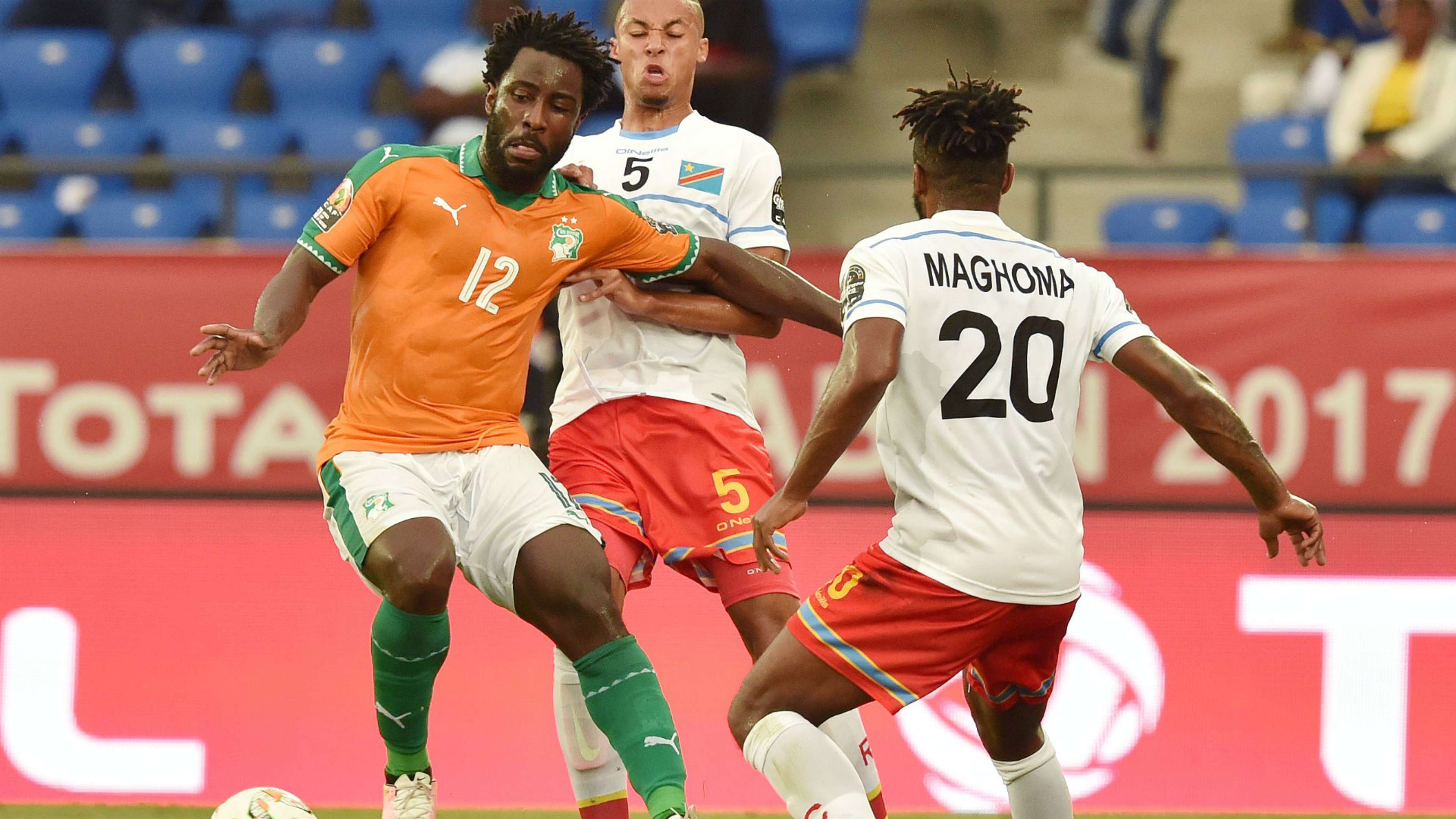
However, that would prove to be as good as it got for Bony, who struggled to cut the mustard at the Etihad Stadium.
Despite being signed at a point in the campaign when City’s entire cadre of strikers was hobbled by injury, he scored only twice for the rest of the season, and was himself out of action for much of April with an ankle injury.
As if to compound matters, his preparation for the following season was hampered by malaria, sapping his strength and making any adaptation almost impossible. He began 2015/16 with an assist in a routine win over West Bromwich Albion, but would not score until midway through October.
The challenge was two-fold. First, he was unable to establish a proper relationship with club talisman Sergio Aguero when they started as a duo upfront, which was unfortunate as his strength and relative lack of explosiveness lent themselves to having a foil alongside.
The other variable was the rise of youngster Kelechi Iheanacho, enjoying his first senior club season and making instant impact whenever he came off the bench.

Both factors were on stark display in the narrow 1-0 win over Crystal Palace. Bony and Aguero started at Selhurst Park, and looked completely ineffectual as a pairing upfront before the Argentine went off injured after half an hour. It fell to Iheanacho, on as a substitute for his Ivorian counterpart in the very last minute of the game, to snatch all three points at the death.
Curiously, it was in the Champions League group stage that Bony seemed to find his best form for City, scoring thrice in four total appearances, including a match-altering turn in the final group match against Borussia Monchengladbach.
However, that season as a whole proved decidedly underwhelming: his tally by the end of it stood at nine goals in all competitions, spanning a total of 34 appearances.
By the end of it, despite progressing to the semi-finals of the Champions League, City made a clean break with manager Pellegrini, and recruited Pep Guardiola to lead the club into a new period of dominance.
It was a decision which immediately spelt the end for Bony’s career at the Etihad, as there was little prospect of him ever fitting into the Spaniard’s ideal of football.
From that point, he was already in a fight to demonstrate his continued aptitude for the top level.
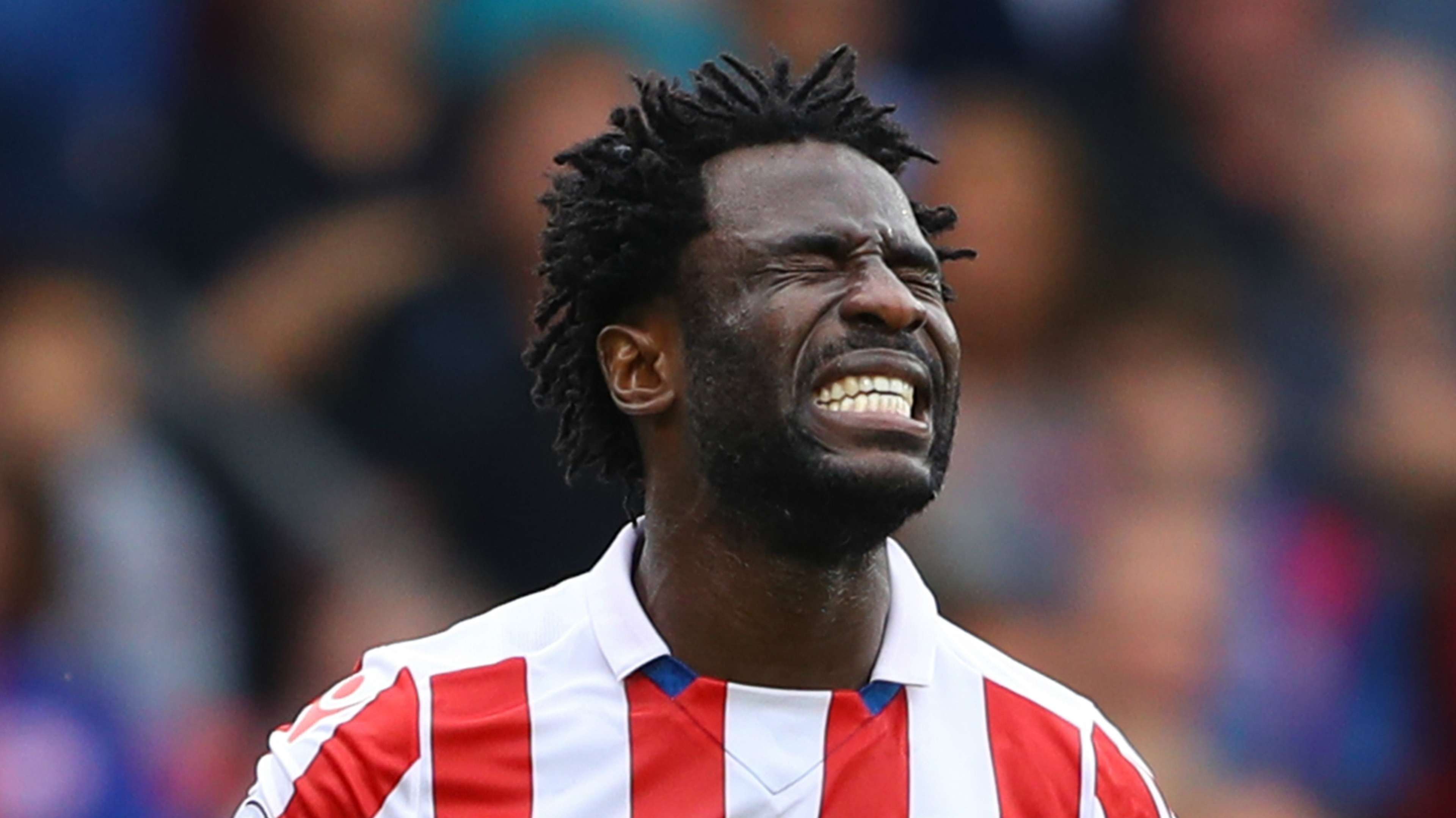 Getty Images
Getty Images
During a loan move to Stoke City, he declined a proposed move to the Chinese Super League, stating he wanted to “show more, to show that I’m not at the end”, but it seemed a losing battle. Following his return from the 2017 Africa Cup of Nations, he was frozen out of the team by manager Mark Hughes in favour of Peter Crouch, who had come into the side in his absence.
It was a situation Bony described as “crazy”, but the writing was on the wall. At the end of the season, he sought redemption back where he had once flourished, rejoining Swansea on a permanent deal.
Predictably, that spell went according to the received wisdom – never go back, they say – and Bony only managed to score twice in a season undermined by two lengthy injury absences, including one to his cruciate ligaments which kept him out for the final three months of the season. From the sidelines, he watches as the Swans were relegated from the Premier League.
Since then, he has been loaned to Al-Arabi, trained with Newport County (in League Two), been a free agent, and is now at Al-Ittihad of Saudi Arabia. He even scored his first goal for his new employers in their 2-1 defeat by Damak last Monday.
It has now been five years since Bony broke the African transfer record.
Looking back, it seemed a move destined to flop: his particular set of skills always seemed ill-suited to the football of a major challenger, and he was, in many ways, a panic buy for a club with infinite resources – ergo, not likely to be overly invested in sticking by him beyond a certain point.
He will always have that slice of history though, much as it feels now like a different lifetime.

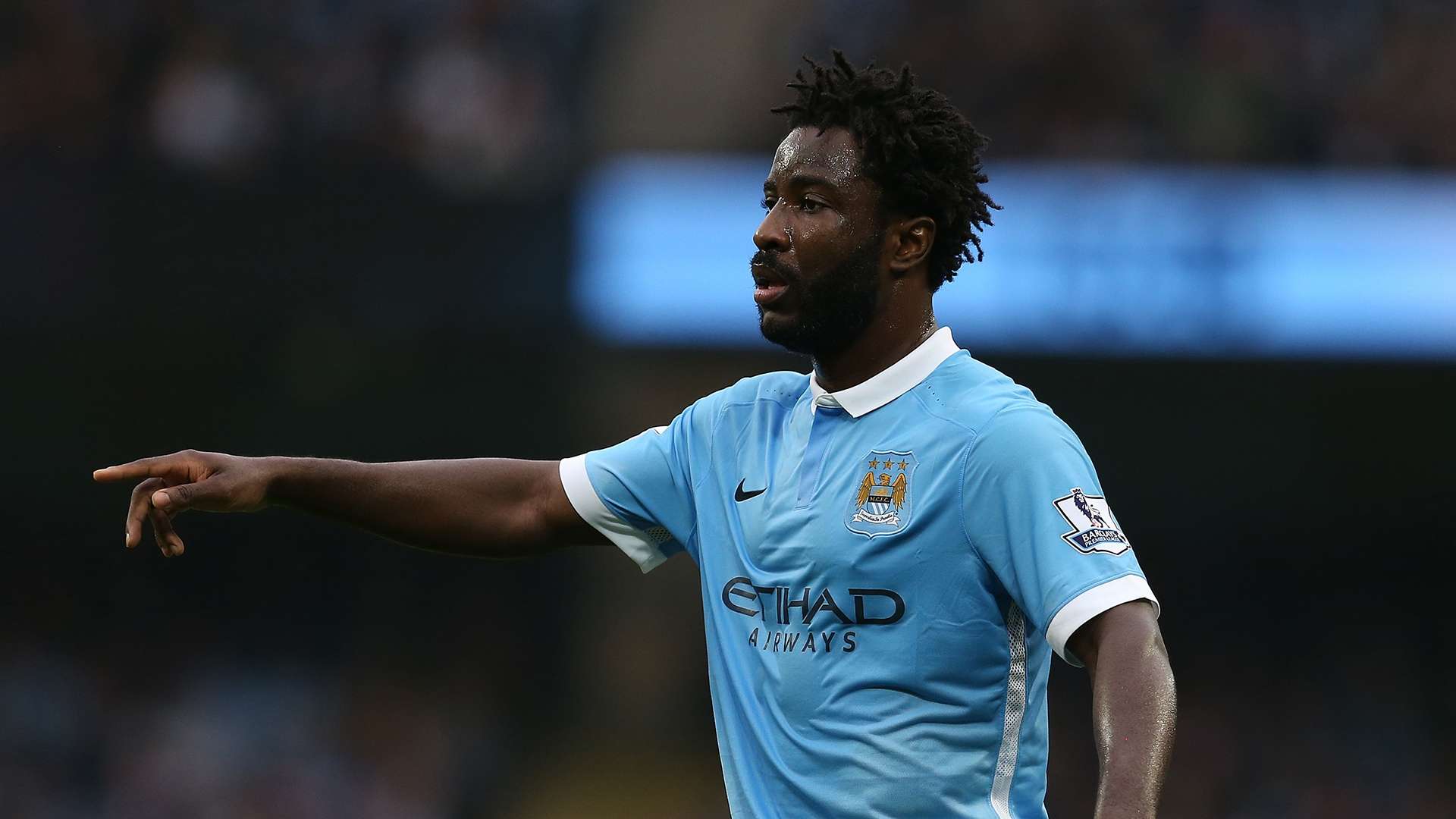


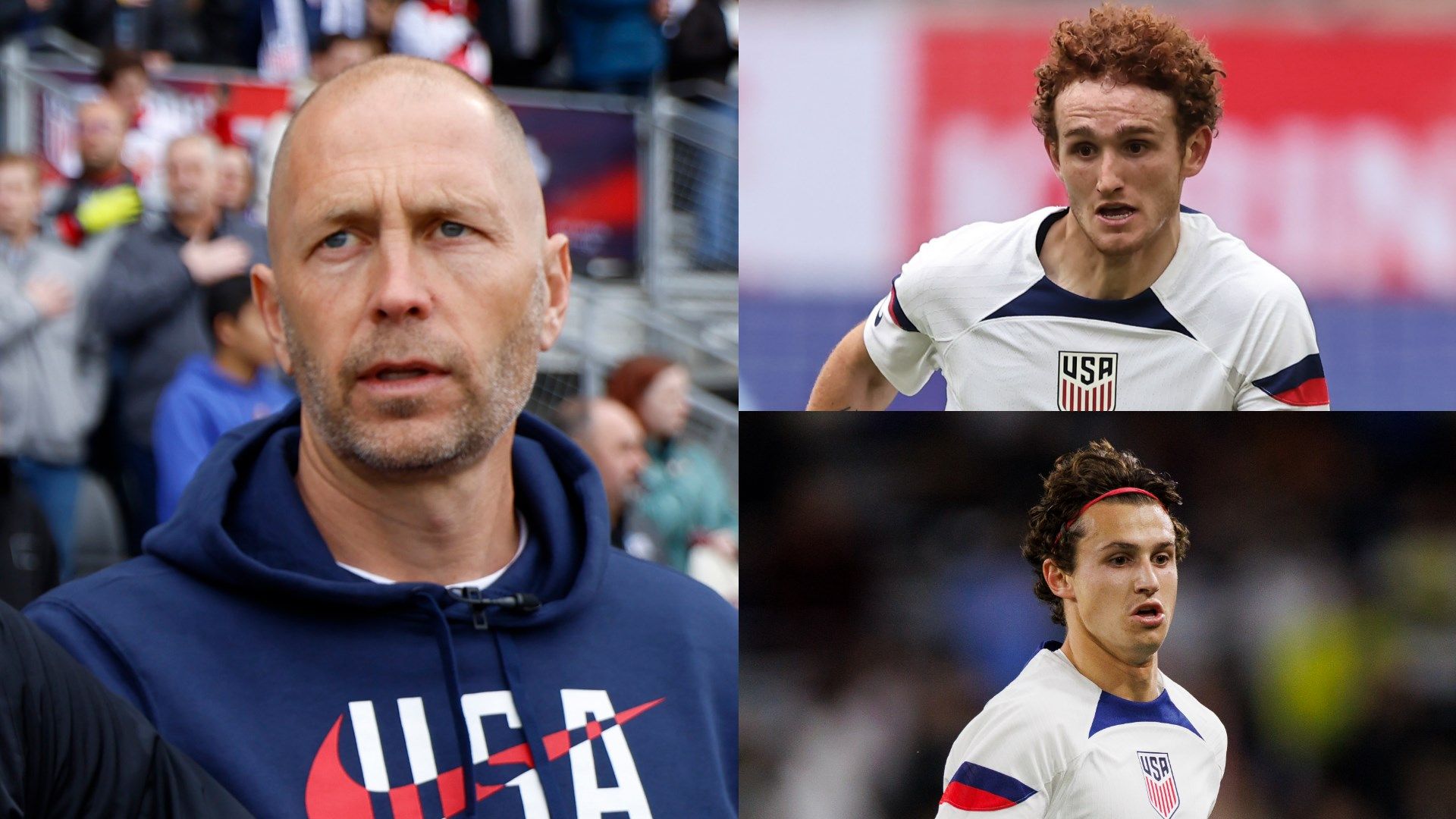.jpg?auto=webp&format=pjpg&width=640&quality=60)


